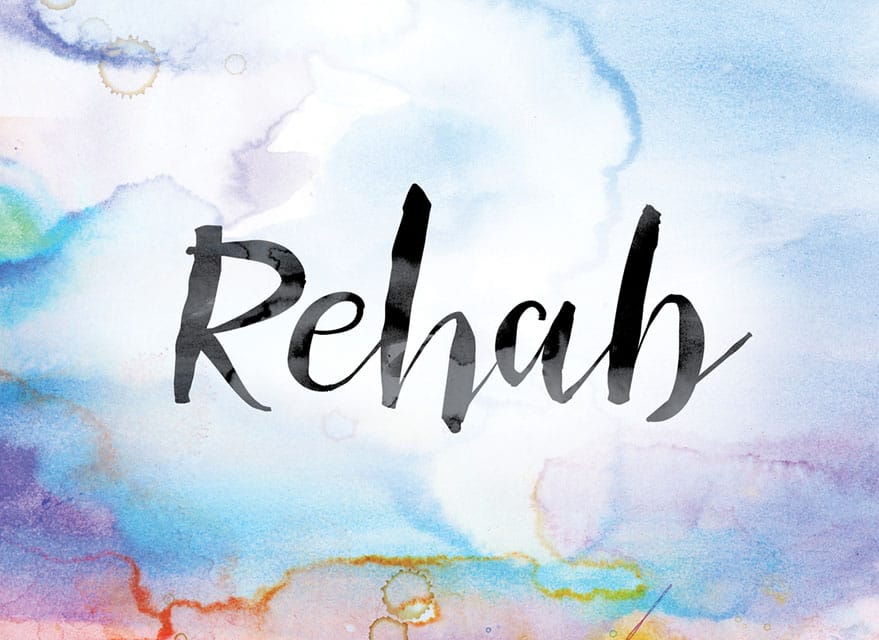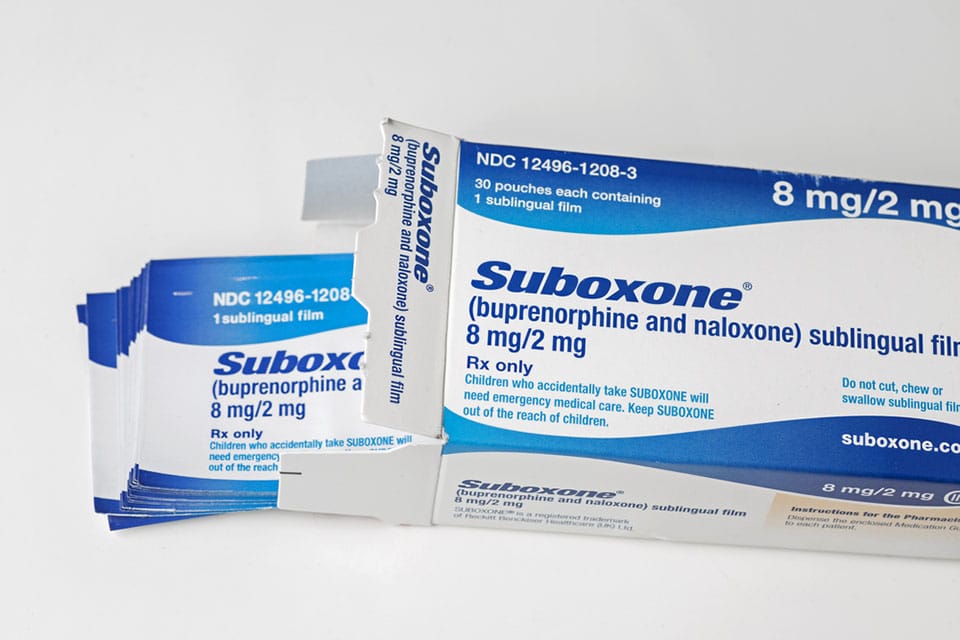There’s a difference between oxycodone vs. hydrocodone, but both are strong prescription opioids that can lead to an addiction if prescribed for any length of time. Both medications are used for either acute or chronic pain and can be combined with acetaminophen for additional pain relief. Hydrocodone can also be combined with ibuprofen, while oxycodone can’t. Although both opioids can be effective at managing pain in the short term, both are commonly abused substances for those who struggle with addiction. At The Ranch, it is possible to get the prescription drug treatment you need for an addiction to opiates and other substances.
Oxycodone vs. Hydrocodone
Both oxycodone and hydrocodone have harmful side effects. Dizziness or nausea can occur with both medications, as can dry mouth, sweating, vomiting, and constipation. Oxycodone is known for more serious side effects, which can include:
- Loss of strength or poor energy reserves
- Anxiety, twitching, or irritability
- Ringing in the ears
- Difficulty sleeping too much or too little
- Seizures in those that are susceptible
Whether you are prescribed oxycodone vs. hydrocodone will depend on your medical history, what the medication is being used for, and what your treatment provider believes is right for you. With new prescribing guidelines for all pain medication, you can expect that your prescription will be short term in an effort to reduce your chance of becoming addicted.
Opioid Addiction Statistics
According to the Center of Disease Control, more than 399,000 people died from an opioid overdose, both illicit and prescription opioids, from 1999-2017. In 2018, 68% of the deaths from a drug overdose involved an opioid. It is estimated that 130 Americans die every day from an opioid overdose. For those dealing with an addiction to opiates, treatment is possible.
Addiction Treatment for Oxycodone vs. Hydrocodone
Treatment programs for opioid addiction include:
- Opioid detox to withdraw from substances safely
- Short-term drug rehab to begin learning about addiction in a residential drug rehab program
- Long-term rehab for individuals who are not ready to return home
- Sober living communities for those who want to live among peers and reintegrate into the community
As you work through your recovery program, you will begin to see how important it is to commit to your own sobriety. Whether you were prescribed oxycodone vs. hydrocodone, or you are dealing with an addiction to illicit opiates, specialized substance abuse treatment is possible. You can recover from an addiction to opiates, but you have to make the decision to reach out for help.
Relapse Prevention and Opioid Addiction
Relapse prevention planning is an important component of any addiction recovery program. As you work with a counselor or go to group therapy sessions, you will hear about relapse prevention strategies. While they can be different for everyone, the goal is to develop more productive coping strategies so that you don’t turn to drugs or alcohol to deal with your emotions or problems you can’t control. Relapse prevention strategies can include:
- Developing a new exercise routine to reduce stress levels and get healthier
- Volunteering in the community to meet others and find productive ways to give back
- Working with a therapist on a consistent basis
- Contacting a friend and meeting up for coffee to talk
- Going to an AA or other support group meeting to find peer support
Relapse prevention strategies make it possible for you to continue your sobriety with confidence. As you grow in your recovery, you will discover all types of relapse prevention strategies that work for you. Try out different activities to see what works, even when you aren’t sure you will enjoy it.
Find Addiction Treatment Today
Stop letting drugs control your life and get the support you need when you are ready to end your addiction. Contact The Ranch at 1.844.876.7680 and get started on your journey today.




